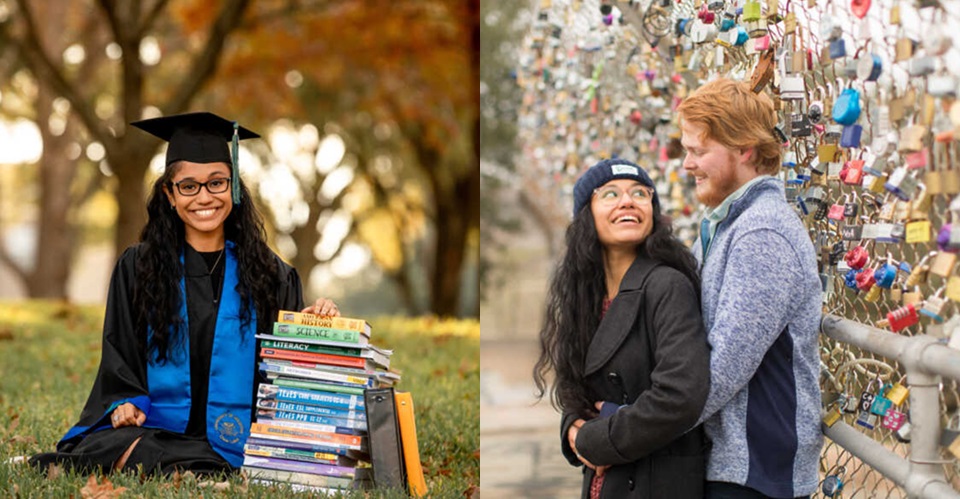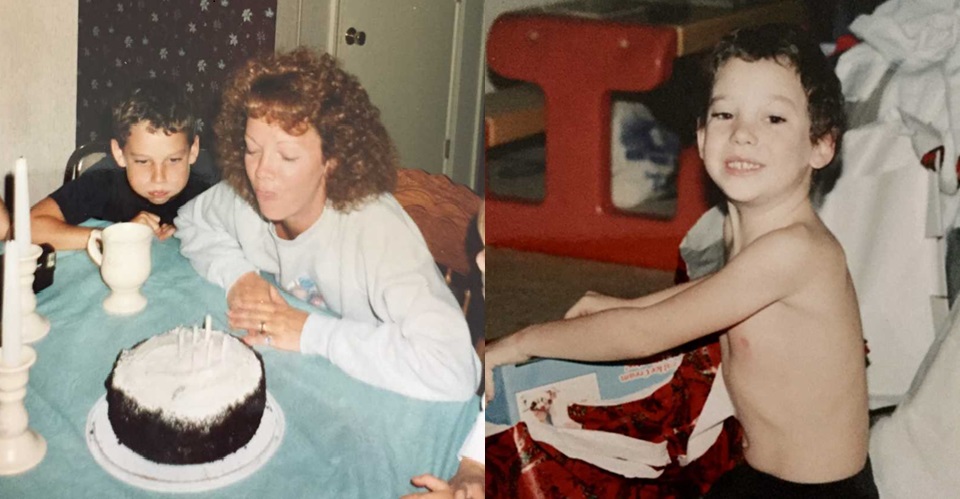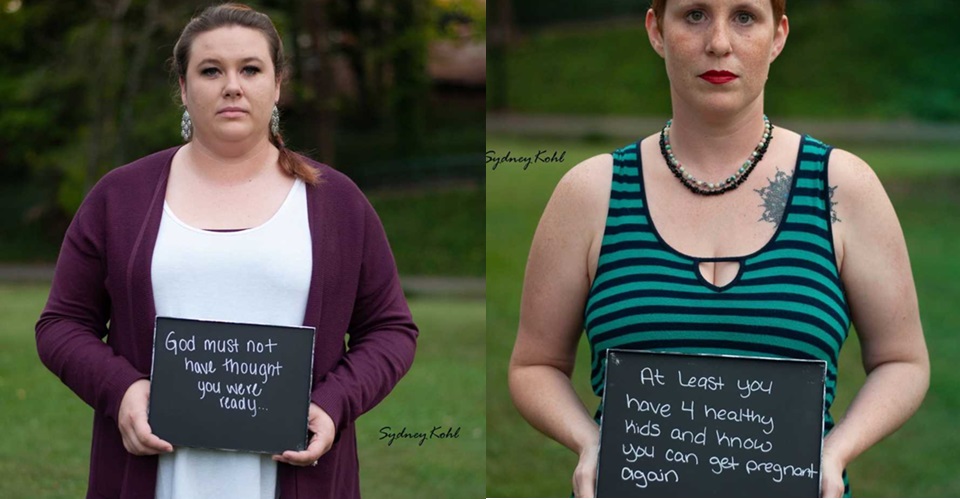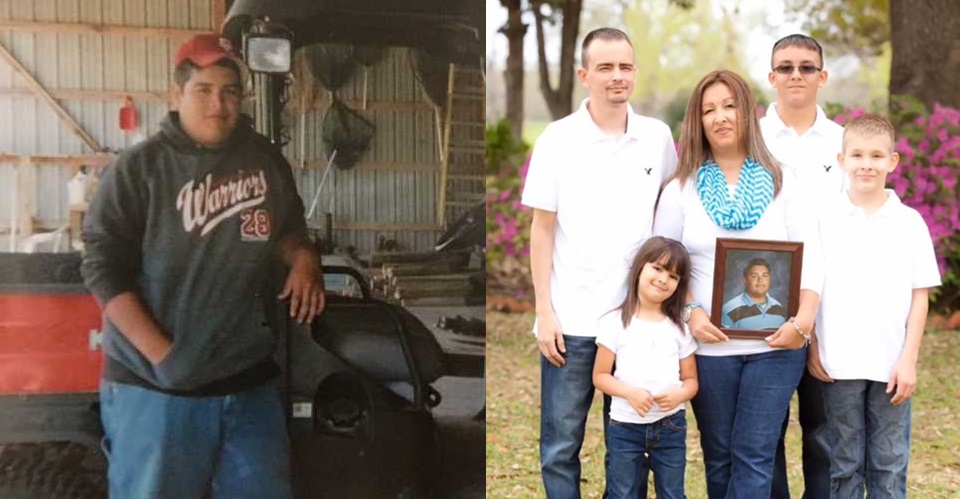Ultimately, she didn’t become “normal” by forgetting the past; she became whole by finding safety, choosing help, and letting a patient’s love stay long enough to teach her heart a new story. She was born to a very young mother and spent her first years bouncing between relatives and foster homes. What happened to her before she could even talk wasn’t safe for any baby. A little over a year after her birth, her brother arrived, and the two of them were moved into care together. The “therapeutic” foster home that was supposed to protect them ended up doing the opposite.

Foster care is a shock most people don’t see coming. One day, you’re with familiar faces; the next, you live with strangers and try to guess the rules. Her foster mother disliked her stubbornness and mistook trauma for “bad behavior.” Bonding never happened. She was left in a crib for hours, locked outside, and fed poorly. The message was constant: you’re a problem; this is your fault. She learned to swallow her tears and brace at any touch. If there was one bright spot, it was staying with her little brother. Many siblings get split up in care; somehow, they didn’t. Even so, the early damage showed. Doctors labeled her with developmental delays, reactive attachment disorder, and failure to thrive. Back then, people used harsh words about her future. The odds looked terrible.

At four, everything changed. A family with the courage to read the file and still say “yes” met the siblings and chose them, both of them. Six months later, the adoption was final. She remembers standing in the courtroom, excited and scared. Could she trust this? Would these people stay? Adoption brought what she needed most: permanence. But healing wasn’t instant. She struggled to feel like she belonged, pushed away love, and felt guilty for simply existing. School was hard; reading and math brought tears. Still, she showed up, worked, and inched forward. Her parents were firm but kind. They held her through the storms and kept showing up when she tested every door. Safety, repeated daily, began to rewrite the script.
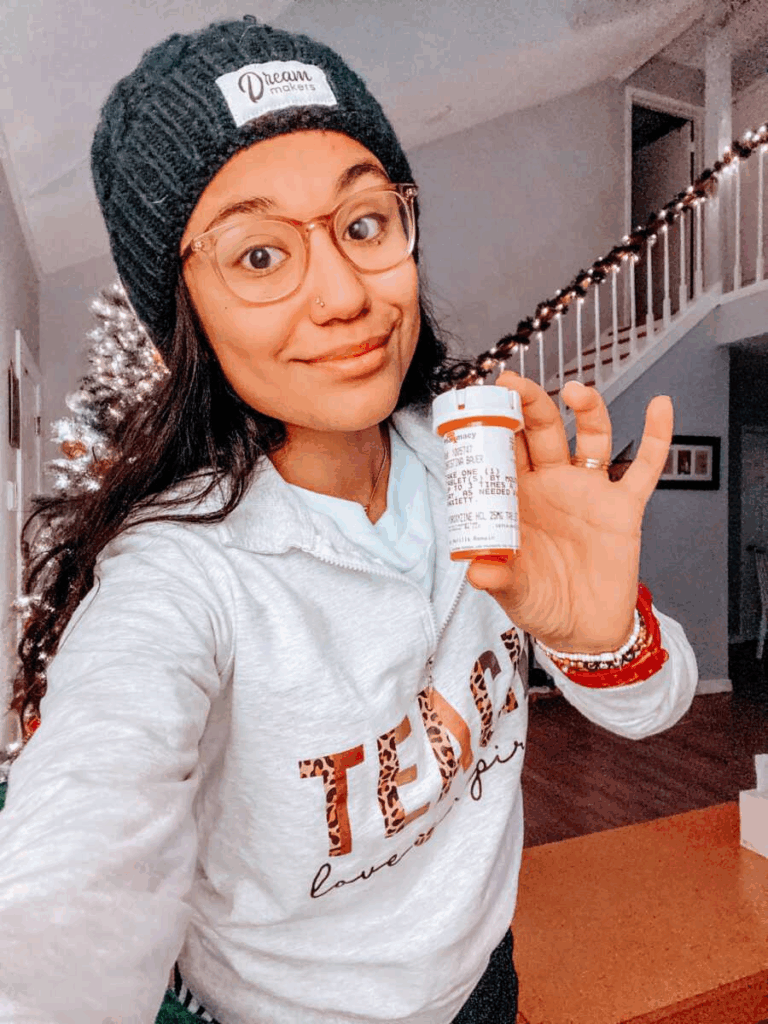
With stability, other doors opened. She finished high school and then college, a milestone few who grow up in care reach. Therapy became a regular part of life. In 2021, she received a formal mental health diagnosis and started medication. Naming things helped. So did community, faith, marriage, and friends who knew how to listen. She first met the boy who would become her husband when they were both six. They didn’t click at first. As he got to know her, he saw the broken places and decided to love her there, not despite them. Being married to her isn’t simple, and he treats that truth carefully. On the heavy days, he cooks, cleans, packs lunches, runs errands, and makes their home a safe landing. He encourages therapy and psychiatric care, backs her decision to train a service dog, and reminds her to rest after long teaching days.
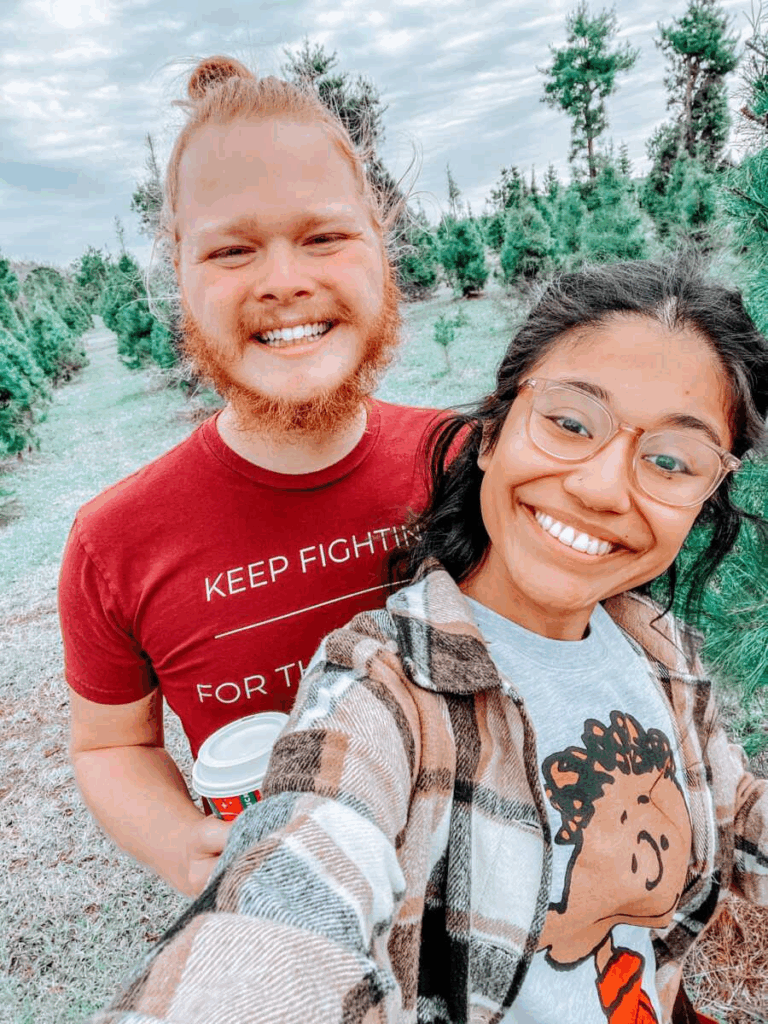
She writes from the home they bought together, a quiet miracle she doesn’t take for granted. Their golden retriever, Maverick, naps nearby, learning the cues that help calm her body and mind. By day, she teaches third graders how to find their words. Her life is not perfect but steady, which once felt impossible. To anyone healing from childhood trauma or time in care, she wants you to know: you aren’t alone, and what happened to you is not your identity.
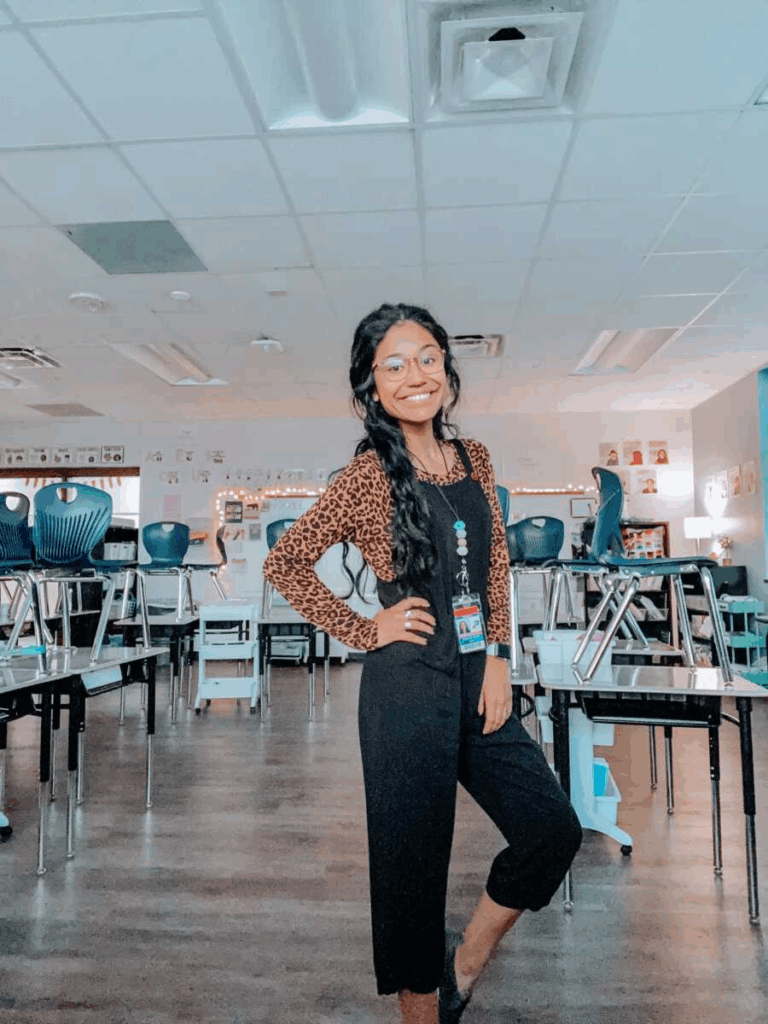
Therapy and medication aren’t weaknesses; they are courage in action. Kids who grew up fast still need chances to be kids again, even at twenty-five. And for those considering foster care, she hopes more people will welcome teen mothers with their babies, so families don’t have to be torn apart to get help. She proves that healing takes longer than a birthday, longer than a court date, longer than most people expect, but it happens when love stays.
